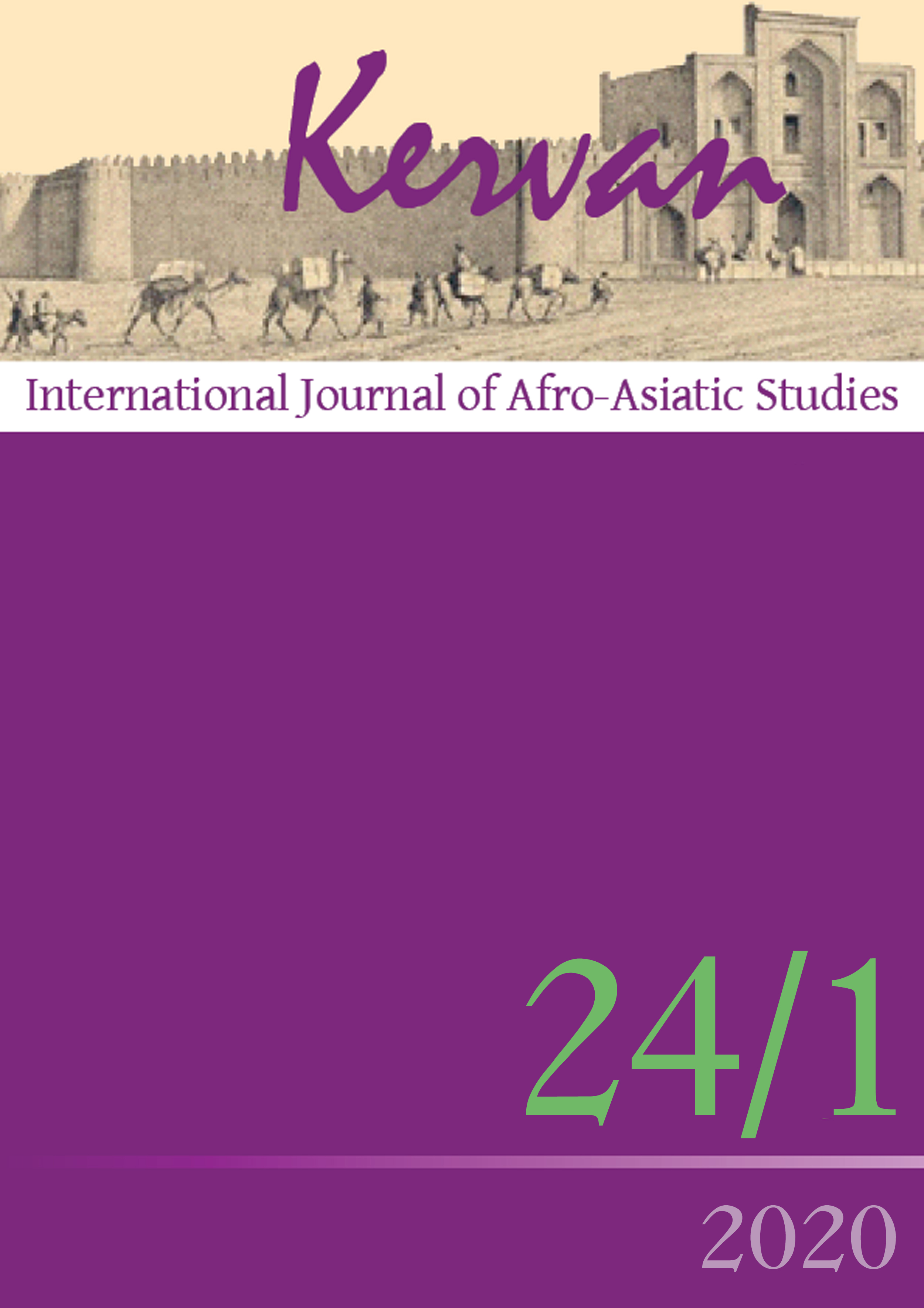Enjeux de l’enseignement du français aux arabophones : le cas de l’Université de Jordanie à Amman
DOI:
https://doi.org/10.13135/1825-263X/4346Keywords:
foreign language learning, French, Arabic speakers, technology, teaching French as Foreign language, Affective approachAbstract
This study examines the teaching of French to Jordanian Arabic-speaking people at the French department in the University of Jordan in Amman. The new technological tools used recently in the department offer promising perspectives and they prepare the department to offer some better targeted courses for French language students in Jordan. These innovating practices of teaching included in the project of the University of Jordan are dedicated to cultural and international openness. Still, assessing the needs of learners in academia is difficult to establish and to be clearly expressed once and for all. The questions that arise in this context are: Does technology limit the teacher’s role in the classroom? And how do affective factors influence the learning of a foreign language in the presence of technological tools and hybrid and distance learning? How to create with these new tools classes designed to arouse in the Arabic-speaking student a certain behaviour or activity? It is in this sense that we speak in general pedagogy of active methods, which designate all that a teacher can do to create and maintain in his students the maximum of interest and participation in class. Thus, this study will show that in the background, despite all the technological development in the field of language pedagogy, the affective dimension and the communicative approach must necessarily be added to the teaching materials of the teacher to make it more effective for language acquisition of the learner of French, especially the Arab native student. The teacher plays an essential emotional and human role in this learning process, whatever the teaching approach or tool used.Downloads
References
Arnold, Jane. 2006. “Comment les facteurs affectifs influencent-ils l’apprentissage d’une langue étrangère ?”Ela. Études de linguistique appliquée144:407-425.
Clément, Richard, Zoltán Dörnyei et Kimberly Noels. 1994. “Motivation, self-confidence and group cohesion in the foreign language classroom”. Language Learning 44: 417-448.
Conseil de l’Europe (2000). Cadre européen commun de référence pour les langues. Apprendre. Enseigner. Evaluer. Strasbourg/Paris : Conseil de l’Europe/ Didier.
Dörnyei, Zoltán et Kata Csizér.1998. “Ten commandments for motivating language learners : Results of an empirical study. Language Teaching Research2: 203-229.
Ellis, Kathleen. 2000. “Perceived teacher confirmation. The development and validation of an instrument and two studies of the relationship to cognitive and affective learning”. Human Communication Research 26: 264-291.
Équipe d’animation Profweb (2014). “Avantages et défis du passage à la classe hybride”.Publié le 9 juin 2014 | Multidisciplinaire sur Profweb. En ligne : [http://www.profweb.ca/]. Site consulté le 20 janvier 2019.
Lochard, Jean.1995. La formation à distance ou la liberté d’apprendre. Paris : les Éditions d’organisation.
McCroskey, James and Virginia Richmond.1990. “Willingness to communicate: A cognitive view”. Journal of Social Behavior and Personality5/2: 19-37.
Nizet, Isabelle, 2015.“La classe inversée : que peut-elle apporter aux enseignants ?”https://www.reseau-canope.fr/agence-des-usages/la-classe-inversee-que-peut-elle-apporter-aux-enseignants.html]. Date de publication : 11/02/2015. Site consulté le 22 janvier 2019.
Puren, Christian. 1988. Histoire des méthodologies d’enseignement des langues vivantes. Paris : Nathan-CLE international.
Rodriguez, José, Timothy Plax et Patricia P. Kearney. 1996. “Clarifying the relationship between teacher nonverbal immediacy and student cognitive learning : affective learning as the central causal mediator”. Communication Education 45: 294-305.
Seara, Ana Rodríguez. 2001. “L’évolution des méthodologies dans l’enseignement du français langue étrangère depuis la méthodologie traditionnelle jusqu’à nos jours”.Cuadernos del Marqués de San Adrián: revista de humanidades1:139-161.
Stevick, Earl. 1980. Teaching Languages: A Way and Ways. Rowley, MA : Newbury House.
Ouvrages et sites web mentionnés et consultés :
Bergman, Jonathan et Aaron Sams. 2014. La Classe inversée.
Repentigny (Québec) : Les éditions Reynald Goulet.
Fulton, Kathleen. 2012. “10 reasons to flip”. Phi Delta Kappan 94/2: 20-24.
Glynn, James. 2013. “The effects of a flipped classroom on achievement and student attitudes in secondary chemistry.” Montana State University.
http://www.bonjourdefrance.com/
http://www.nathan.fr/webapps/cpg2-0/?idcpg=1000
Downloads
Issue
Section
License
Gli autori che pubblicano su Kervan accettano le seguenti condizioni:
- Gli autori mantengono i diritti sulla loro opera e cedono alla rivista il diritto di prima pubblicazione dell'opera, contemporaneamente licenziata sotto una Licenza Creative Commons - Attribuzione che permette ad altri di condividere l'opera indicando la paternità intellettuale e la prima pubblicazione su questa rivista.
- Gli autori possono aderire ad altri accordi di licenza non esclusiva per la distribuzione della versione dell'opera pubblicata (es. depositarla in un archivio istituzionale o pubblicarla in una monografia), a patto di indicare che la prima pubblicazione è avvenuta su questa rivista.


 The articles that have appeared on Kervan since 2016 are rated as Class A in the system of National Scientific Qualification (ASN, disciplines 10/N1 and 10/N3).
The articles that have appeared on Kervan since 2016 are rated as Class A in the system of National Scientific Qualification (ASN, disciplines 10/N1 and 10/N3). The journal has been approved for inclusion in DOAJ. The DOAJ listing of the journal is available at
The journal has been approved for inclusion in DOAJ. The DOAJ listing of the journal is available at  The journal has been approved for inclusion in ERIH PLUS. The ERIH PLUS listing of the journal is available at
The journal has been approved for inclusion in ERIH PLUS. The ERIH PLUS listing of the journal is available at  Kervan was just accepted for indexing in SCOPUS. This important milestone ensures that articles published in Kervan are easily found when searching for library, archives and Information science and it enables Kervan authors to keep track of how often their article has been cited by others.
Kervan was just accepted for indexing in SCOPUS. This important milestone ensures that articles published in Kervan are easily found when searching for library, archives and Information science and it enables Kervan authors to keep track of how often their article has been cited by others.
